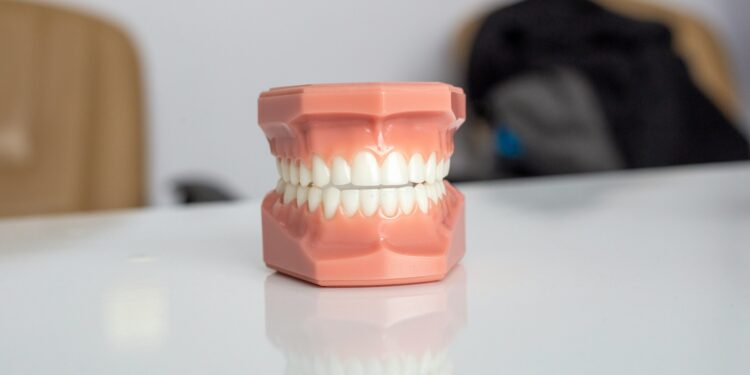Turning Old Pacemakers Into Lifesavers
Rather than being discarded, used heart pacemakers can be refurbished and repurposed to save lives in low- and middle-income countries, where such devices are often out of reach due to high costs. Dr. Thomas Crawford, a cardiac electrophysiologist at the Frankel Cardiovascular Center, spearheads an initiative to bridge this gap by reconditioning pacemakers for international distribution. His program provides an essential solution, ensuring that patients in underserved regions gain access to life-saving technology.
A recent study, presented at the American Heart Association meeting, compared the safety and effectiveness of refurbished pacemakers to new ones. The trial included nearly 300 patients from seven countries across Africa and the Americas. Participants were randomly assigned either a new or refurbished pacemaker, and the performance and safety of the devices were monitored over a three-month period. The results showed no significant differences between the two groups in terms of device function or safety.
Although three patients with refurbished pacemakers passed away, none of the deaths were linked to device failure, infections, or complications from the implantation. Additionally, five participants developed localized infections at the implant site, including three who had received new devices. These findings suggest that refurbished pacemakers could provide a viable solution for patients who might otherwise have no access to treatment.
These reconditioned pacemakers, which often have a lifespan of over 10 years, are typically sourced from patients who no longer need them or have passed away. Devices with at least four years of battery life are carefully cleaned and sterilized before being sent overseas. The My Heart Your Heart program, established in 2010, supports the collection and preparation of these devices through partnerships with funeral homes and recycling companies.
While U.S. regulations prohibit the reuse of pacemakers within the country, the FDA allows refurbished devices to be distributed internationally. Researchers are optimistic about expanding this initiative. Dr. Kim Eagle has highlighted a roadmap to help global partners join the cause, and ongoing studies will evaluate the long-term success of reconditioned pacemakers, with early findings showing great potential for alleviating a critical health disparity.

































Discussion about this post